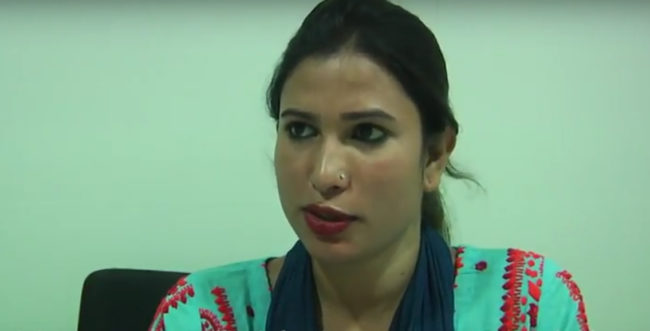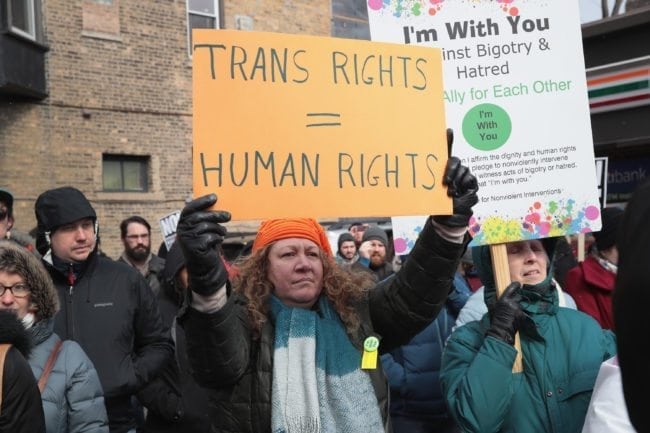LGBT+ teenagers who are first-time offenders are more likely to have substance abuse or mental health problems than their heterosexual or cis-gendered peers, according to new research.
The study, carried out by researchers at the University of California, San Francisco, suggests higher rates of stress among LGBT+ adolescents—often triggered by family problems or rejection by their peers—could be to blame.
The researchers emphasised that a teenager’s sexual orientation or gender identity alone does not put them at increased risk of breaking the law, as a range of factors contribute to offense rates.Dr Matthew Hirschtritt, lead author of the study, said: “Factors like peer rejection and family discord may contribute to impaired support networks and engagement in risky behaviour.
“It would be incorrect to conclude that sexual-minority status puts a youth at increased risk of offending.
“But if we compare court-involved sexual minority youth with court-involved straight youth, we see more severe psychological distress and a greater likelihood of child-welfare system involvement.”
For the study, published in the peer-reviewed Journal of Adolescent Health, researchers examined 423 first-time, non-detained offenders aged between 12 and 18 from a juvenile court in an unnamed Northeastern state.
Of these, 133—about a third of the group—identified as LGBTQ.
The teenagers had committed offenses ranging from underage drinking to breaking and entering.
Among the LGBTQ group, one in two had used alcohol, compared to one in four of the heterosexual and cis-gendered group.
They were also approximately twice as likely to use drugs, including cannabis, cocaine and injection drugs.
The LGBT+ group also reported poorer mental health, which meant they were at higher risk of self-harm.
Researchers called for better support of young LGBT+ first-offenders.
Co-author Dr Marina Tolou-Shams said: “We need cost-effective, tailored interventions so that adolescents’ first court appearances become an opportunity to prevent worsening of pre-existing health risks and further entrenchment in the justice system.”
Dr Hirschtritt added: “One-on-one support, group counselling and peer support may meet the needs of these adolescents without further stigmatising them.”
In June, a survey of young people in the UK found 62 percent of LGBT+ youth have experienced suicidal thoughts as a result of bullying.
The Annual Bullying Survey, carried out by the charity Ditch the Label, found 43 percent of people within the LGBT+ community questioned have been bullied in the last 12 months.
More than 9,000 people aged between 12 and 20 were surveyed.
Of those within the LGBT+ community, nearly a third—31 percent—had attempted suicide because of their experiences and half of the respondents said they had self-harmed.






